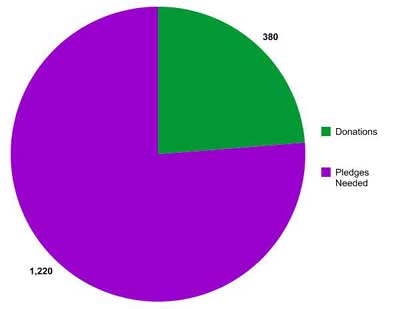George! You’re back. Was getting a little worried. Had figured that the weather, which you were dutifully recording over the days, had at long last taken the wind out of you. But here you are with not one, but two diary entries. I don’t know if your thoughts on barley represent some insight into Animal Farm. Was reading Daniel Levitin’s The World in Six Songs the other day, and I was struck by his observation about Paul McCartney (we don’t have newspaper cuttings here on the Internet, George, so I hope this blockquote is semi-tantamount to your prudent applique):
Similarly, Paul McCartney seemed to be trying to capture both the sound and the aesthetic essence of a forties dance-hall tune in a string of songs beginning with “When I’m Sixty-Four” (written in 1958, recorded in 1967), “Your Mother Should Know” (1967), and “Honey Pie” (1968). With each one, he got a little closer, until 1976, when he released “You Gave Me the Answer,” with production and orchestration sounding almost exactly like a Fred Astaire record. McCartney never attempted a dance hall-style song after this, and so I assume that he finally met his artistic goal and moved on to other experiments and other challenges.
I’m wondering how your current concerns about wood and barley fit in with this observation. Maybe you’ll be pursuing this question in your diary in the years to come, but to what degree, George, does your diary represent continued efforts to pinpoint the precise book you have to write? And since you expired so young, I’m hoping that your eyes didn’t close with too many regrets along these lines.
I’m sorry to report that greenheart wood (aka Chlorocardium rodiei) is now redlisted by the IUCN as a threatened species. The folks at the Orwell Estate don’t wish to point this out, but I think it’s important to place your enthusiasm in some context. I may be experiencing certain joys and pleasures that, sixty years from now, will be unthinkable. It is for this reason that I consider almost every day blessed in some sense.
I’m glad to hear that some of the blackberries have ripened and that the elder-berries have begun to grow purple! This may seem the kind of routine observation to be mocked, but I suspect those who have ridiculed your efforts fail to understand the pleasure of flora and fauna unfurling and adapting at a slow and leisurely clip.
When I get around to trying out my own efforts with lumber (sometime this year), maybe the two of us will swap some notes. Obviously, it won’t be greenheart. But I do plan to build a few bookcases. Just need to take some measurements of the apartment and draw up plans.
And thank you for referencing the Sardinian mouflon sheep on August 16. It’s a bit embarrassing, but I love the way that phrase rolls off the tip of my tongue and have uttered it a few times to ensure that it is indeed a mellifluous marvel.
Lots of work here, George, but let’s check in with each other.

 Dan Carlin is a very intense and passionate man. One can hear the veins bulging out of his neck when he talks about history. I do not know what the man’s caffeine intake is, but his podcasting presence is a welcome alternative to the soporific lectures sometimes associated with historians.
Dan Carlin is a very intense and passionate man. One can hear the veins bulging out of his neck when he talks about history. I do not know what the man’s caffeine intake is, but his podcasting presence is a welcome alternative to the soporific lectures sometimes associated with historians. 


